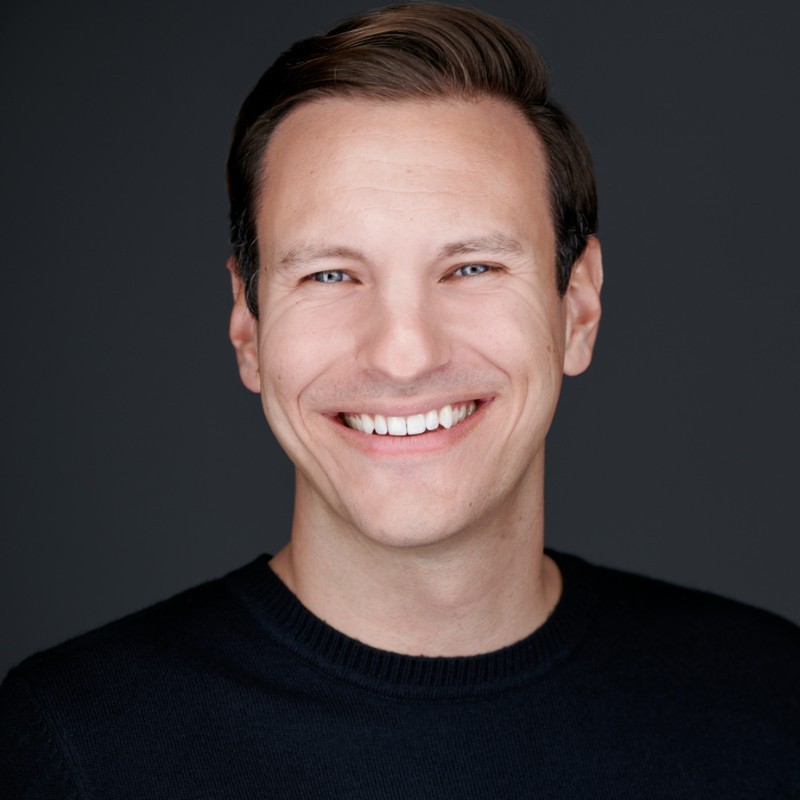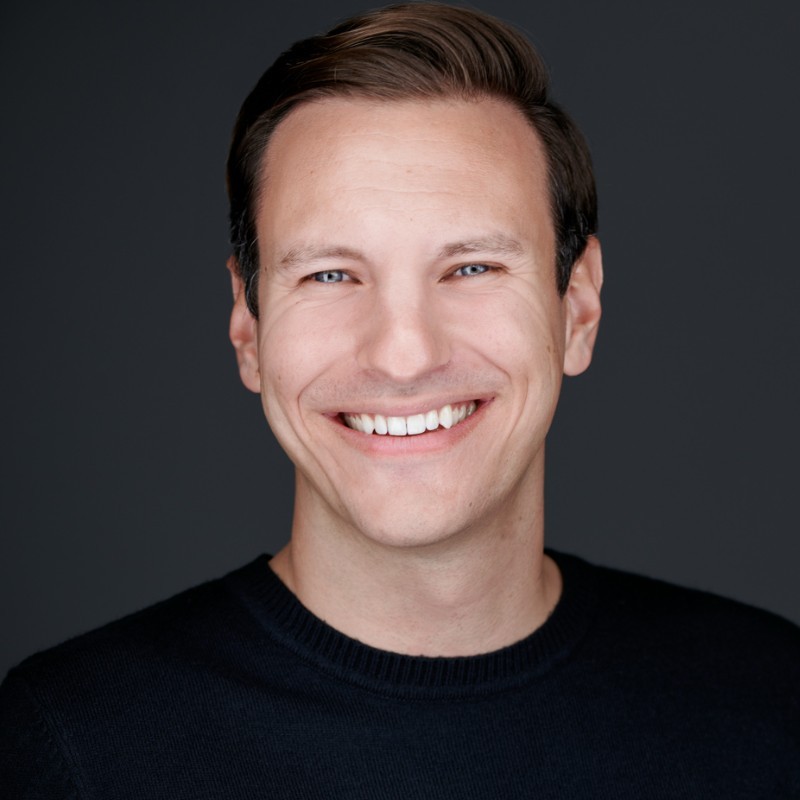https://www.linkedin.com/posts/activity-6894810131951968256-I3d4

Founder: Quinn Taber
Venture: Immerse
Description: Immerse is an EdTech startup that combines virtual reality and English language learning. Launched in 2017, Immerse has raised a total of ~$10 million in Series A and B funding. Immerse can be used in a blended or fully online learning environment, where teachers and students “immerse” themselves with VR headsets. Within the VR environment, users engage in various scenario, such as ordering food in a restaurant, or playing interactive language games. As a result of the pandemic, Immerse has significantly grown its user base; in terms of classroom management, English teachers have voiced their preference towards a VR environment than more popular virtual spaces like Zoom or Teams.
Founder Biography: Quinn Taber was born in Paris and raised by parents that were heavily involved in various social development projects in the Middle East. Subsequently, Taber moved to the US for education, which led him to become a scholar in Middle Eastern History and Religion. As a young adult, he was actively involved in refugee camps in the Middle East. During this time, he found that one of the major barriers to social development in this region was English education; access to quality English education was sparse. Then in 2016, he returned to the US and raised roughly $600,000 and formed a team to build a VR-powered English learning platform. From there, seemingly to forget all about the refugees (jk), went on to the cash cow of English language learning, Asia – where he licensed this platform with local educational institutions across Japan and Korea.
Personal Reflections: I am very interested in seeing how public schools, especially in Asia, are adapting this VR technology. English language learning in these countries are geared towards exams that predominantly assess reading comprehension. VR on the other hand, focuses on speaking and listening. I’m also interested in whether or not Immerse has incorporated speech recognition features to build pronunciation skills, and whether or not students can participate in the VR environment on their own (without a teacher guiding their VR experience).

Hi Aaron,
Taber sounds like an interesting founder! Having taught French as a second language in K-12 schools, I can certainly appreciate the value of a social dimension to verbal language learning. Unfortunately, as you mentioned it seems the venture has definitely pivoted away from the original inspiration of supporting refugees in English language learning, and while VR has certainly become more accessible and affordable than it was half a decade ago, it is still prohibitively expensive for K-12 classrooms to afford, let alone for refugee camps. That being said, that pivot could indicate that Taber is willing to compromise his initial vision to nevertheless create a viable product, and perhaps in time some of the profits it makes could be redirected to lowering the cost of access. Thanks for sharing this!